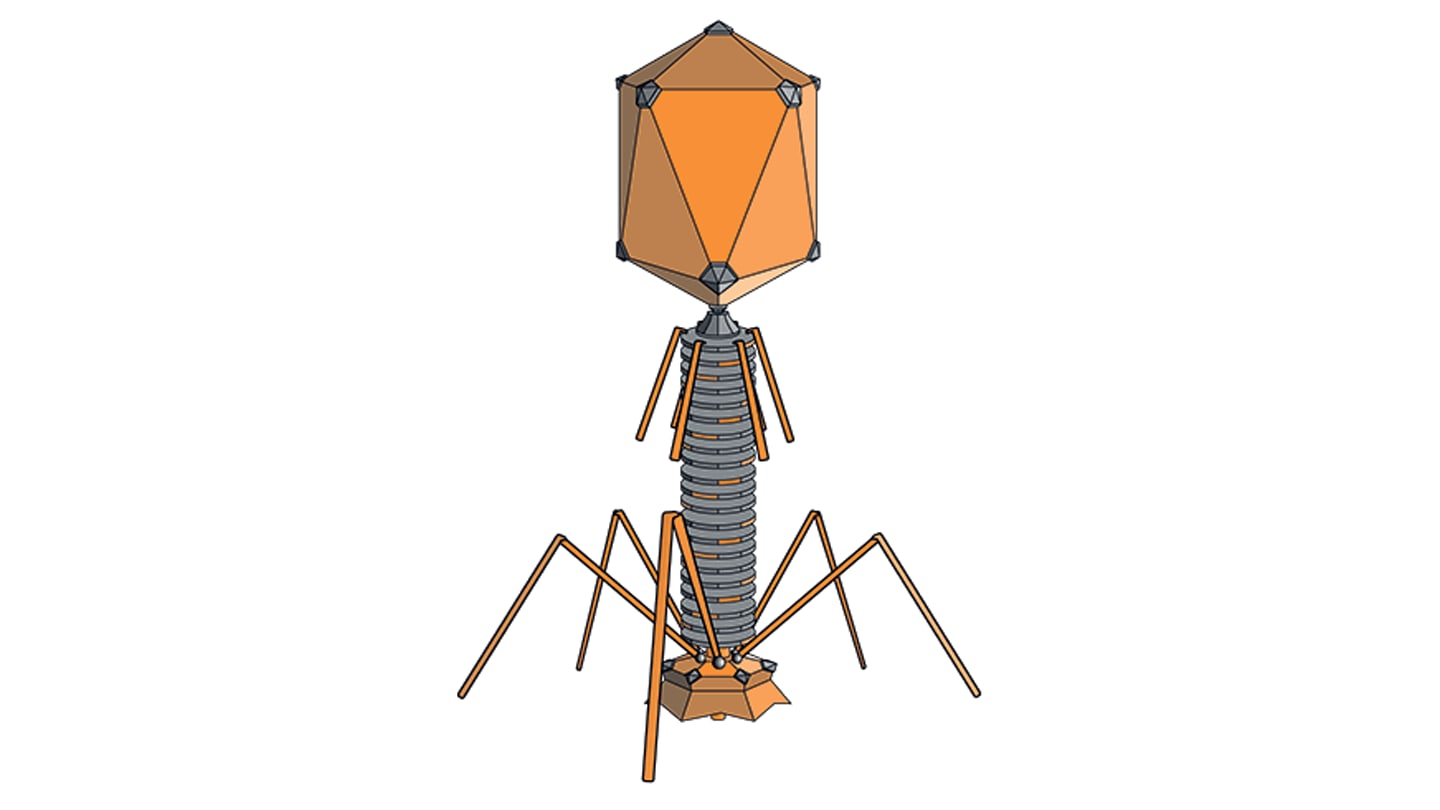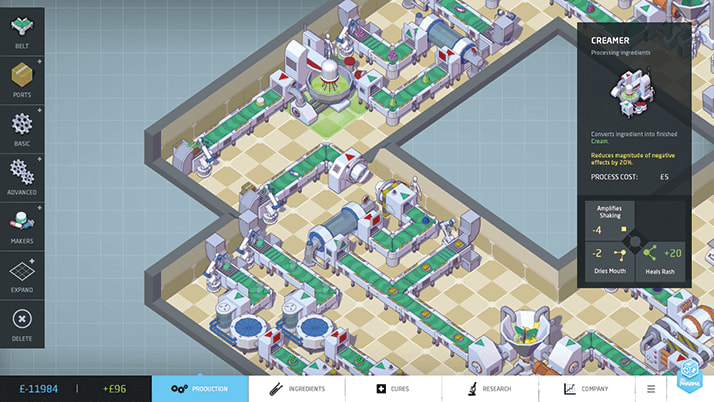In a recent conversation, Daniel Kraft, Chair, Medicine & Neuroscience, Singularity University, California, explained to The Medicine Maker that it can seem as if the industry is stuck in the past. In some cases, blockbuster drugs only work for 25 percent of the population, for example, and precision medicine is not regularly practiced. But because healthcare has so many challenges, from health and prevention, to diagnostics, to therapy, to clinical trials, there are many opportunities to reimagine medicine with the tools that are exploding around us, such as AI and machine learning, machine printing, robotics, drones, and nanotechnology. Some of these are not new technologies but they are becoming increasingly powerful.
However, implementing new technologies is difficult when people are busy with their day-to-day work. Kraft believes that we don’t need anymore new technologies per se, but that we need to connect the dots on the ones we already have. How could technologies like Amazon Echo or a Google Home help patients to understand their disease more and stay on top of their medication, for example? These tools are already being used to help people track their medication or make doctors’ appointments. The connected home will likely become increasingly important to healthcare – and these changes are likely to be highly disruptive to the traditional biopharma industry. Perhaps it is time that biopharma looks beyond the pill – perhaps focusing on a digital wrapper that can help track or coach the patient through their disease by reminding them to take the medication. There will always be a dark side to new technology – often explored in fiction. Today, advances in genetic modification, CRISPR and embryo modification are happening fast, and certainly, there are dystopian elements, such as the “Big Brother” element of having health tracked 24/7. In the next decade or so, Kraft hopes that we can make medicine smarter, more proactive and personalized, where an understanding of genomics and risk factors guide smarter, proactive health. Statins are already given to people with high cholesterol risk, or at high risk for cardiovascular disease, and perhaps one day there will be medicines suitable for those at risk of Alzheimer’s disease. Could we even hope for an era where disease is treated at stage 0 so that it never presents clinically?




